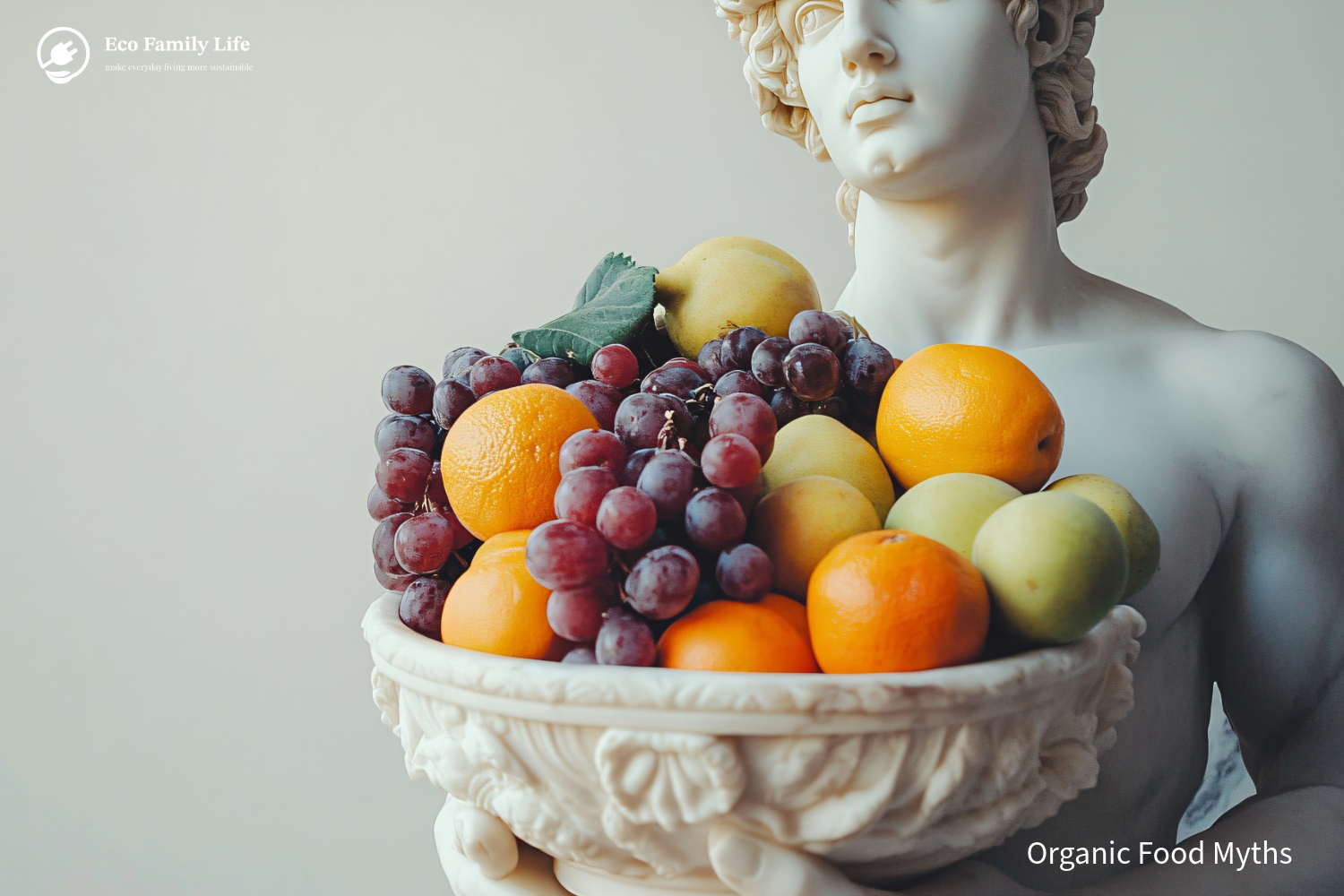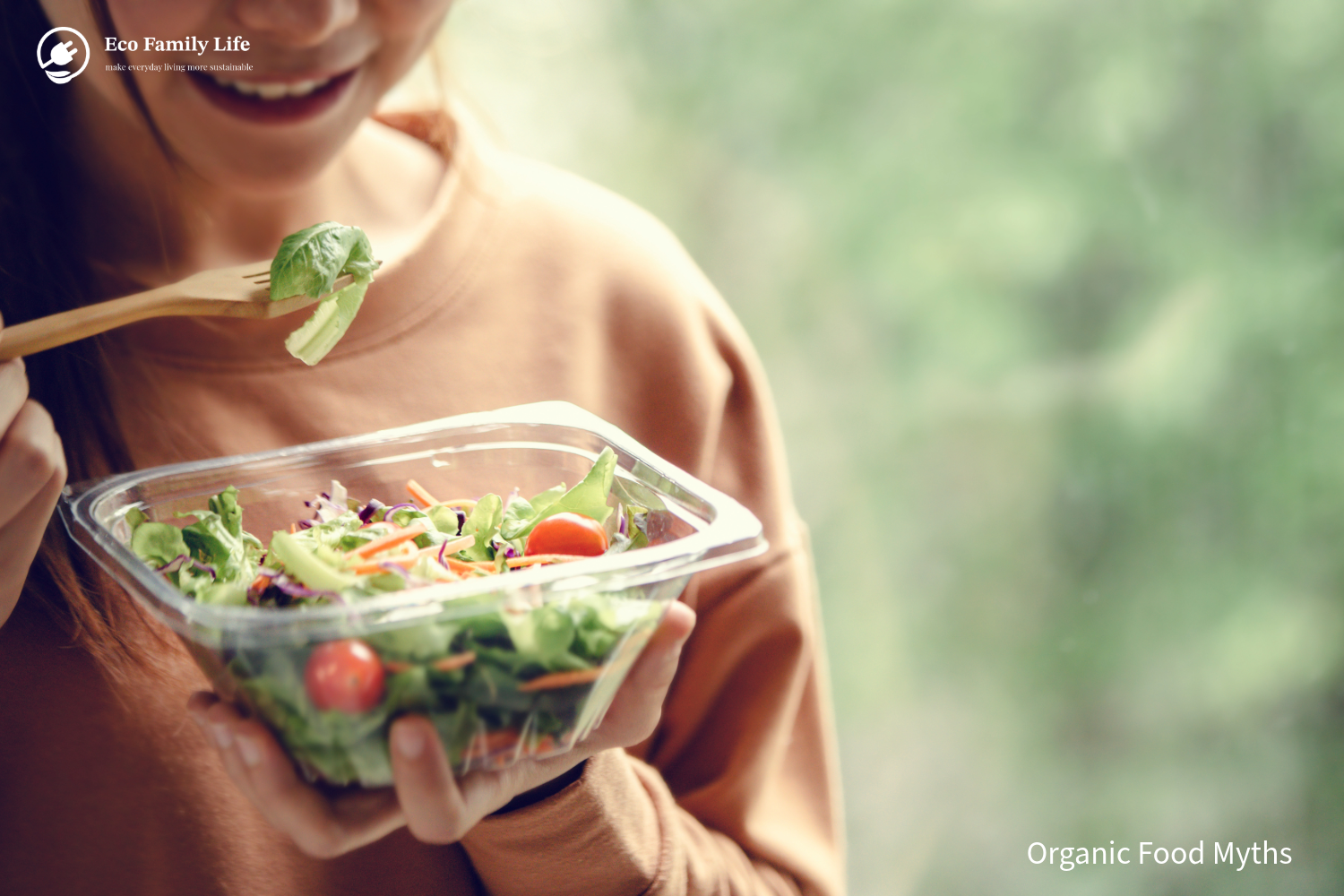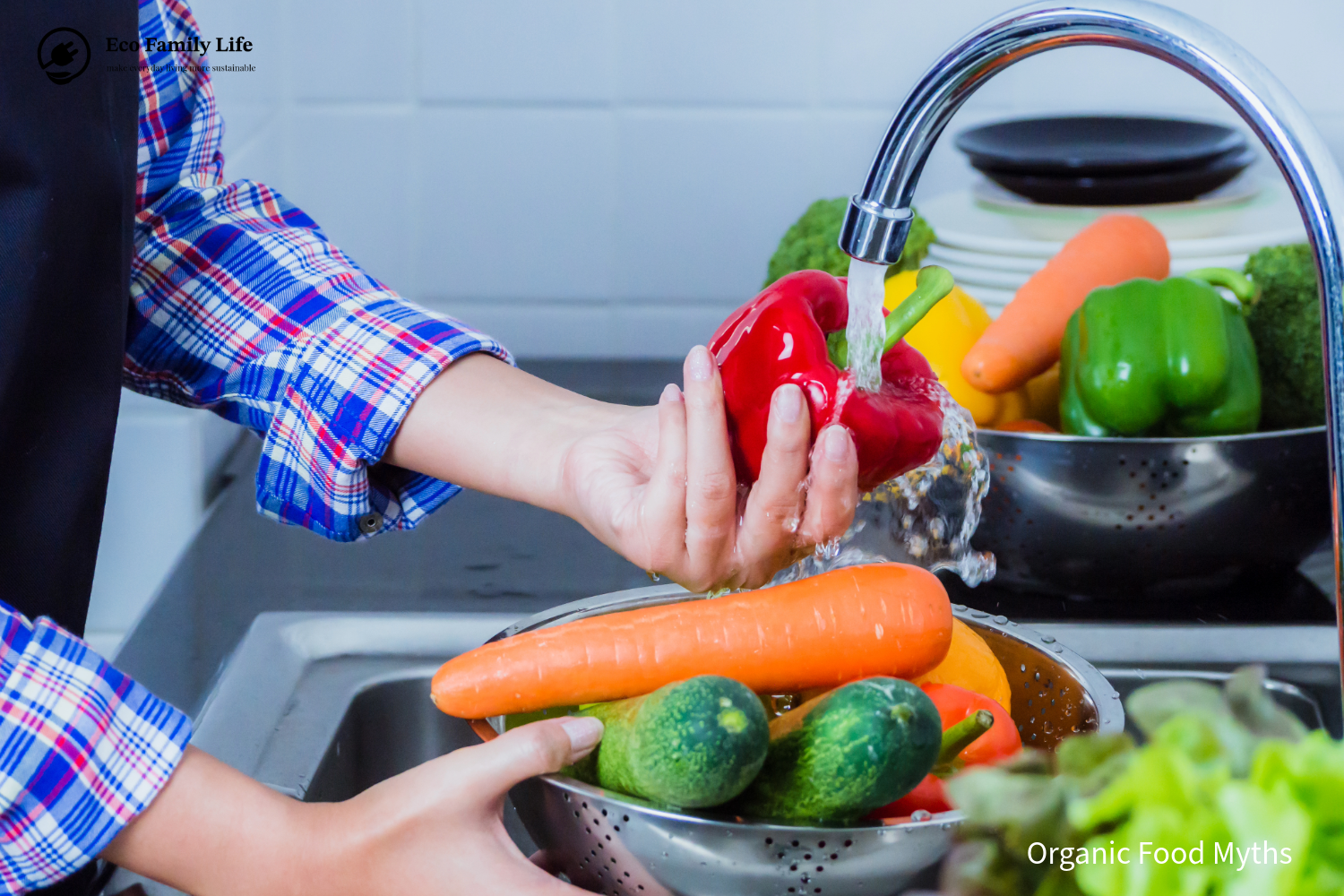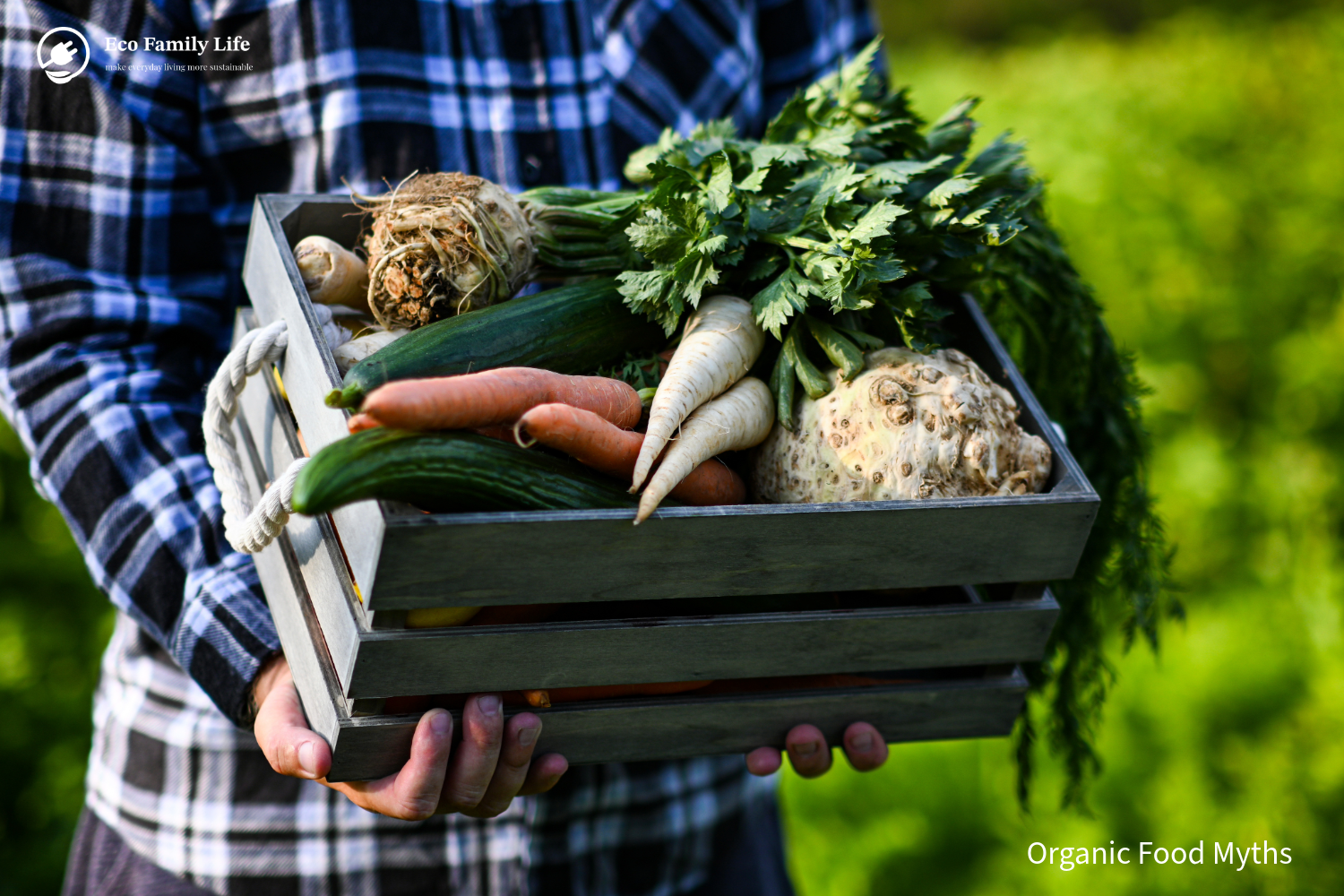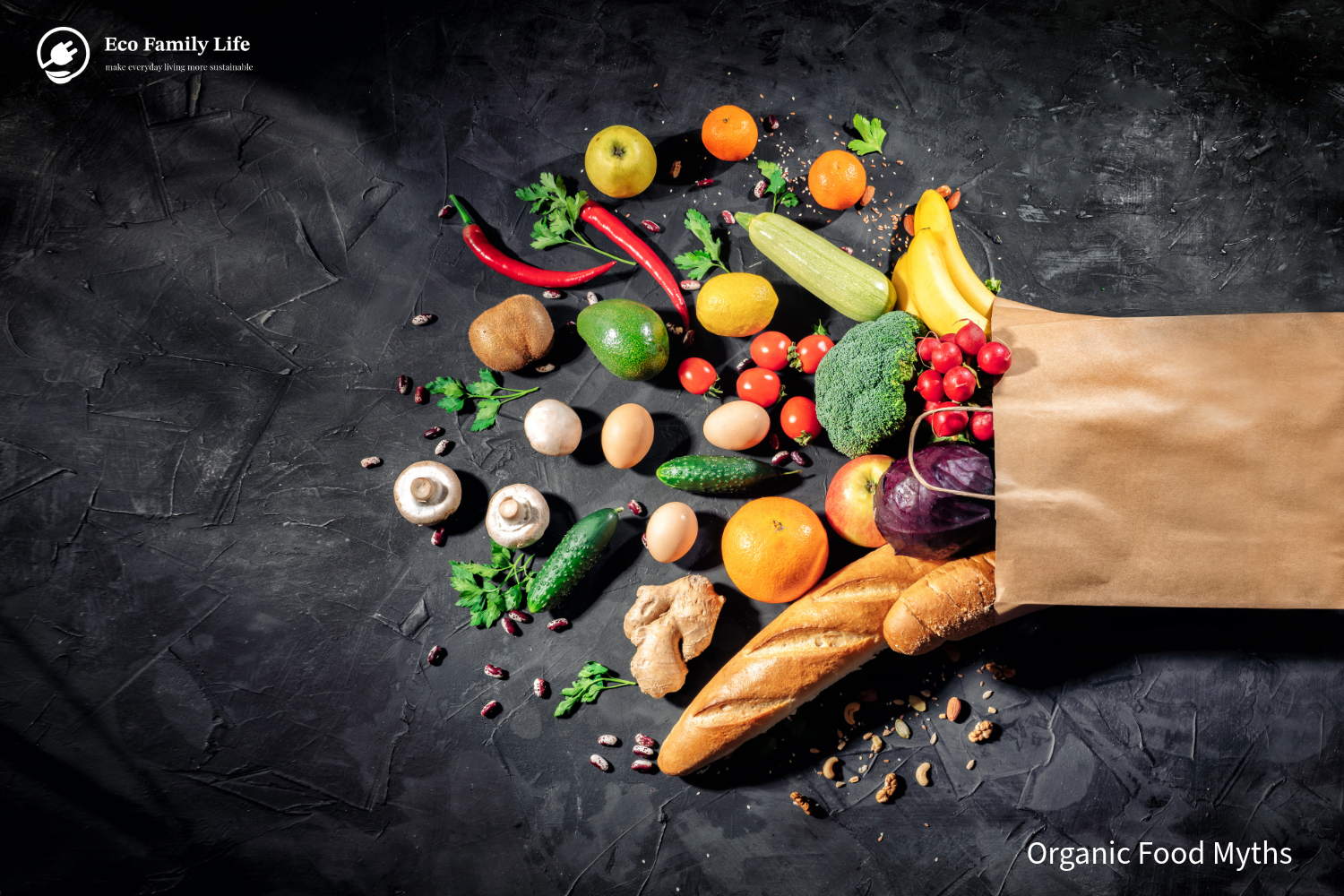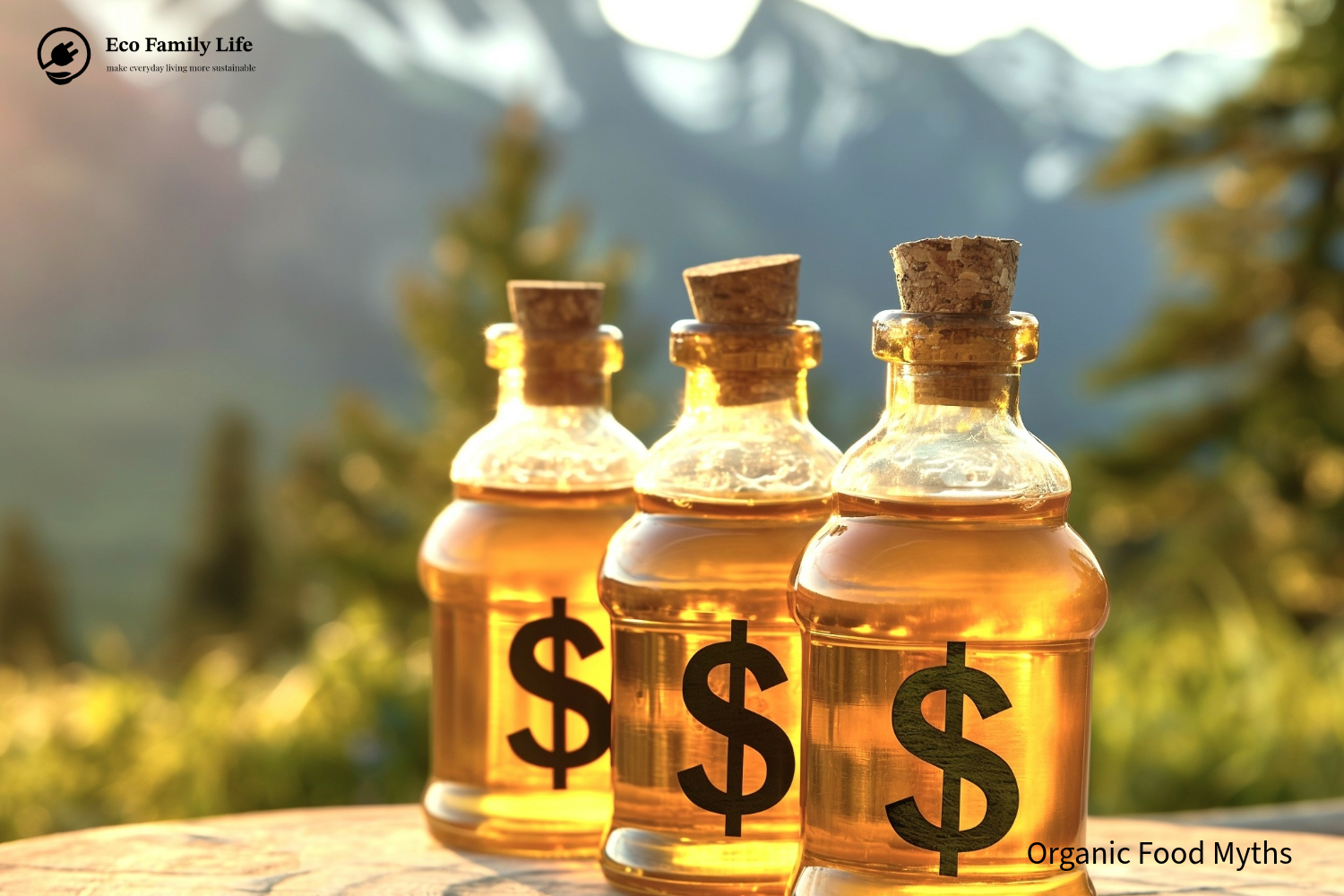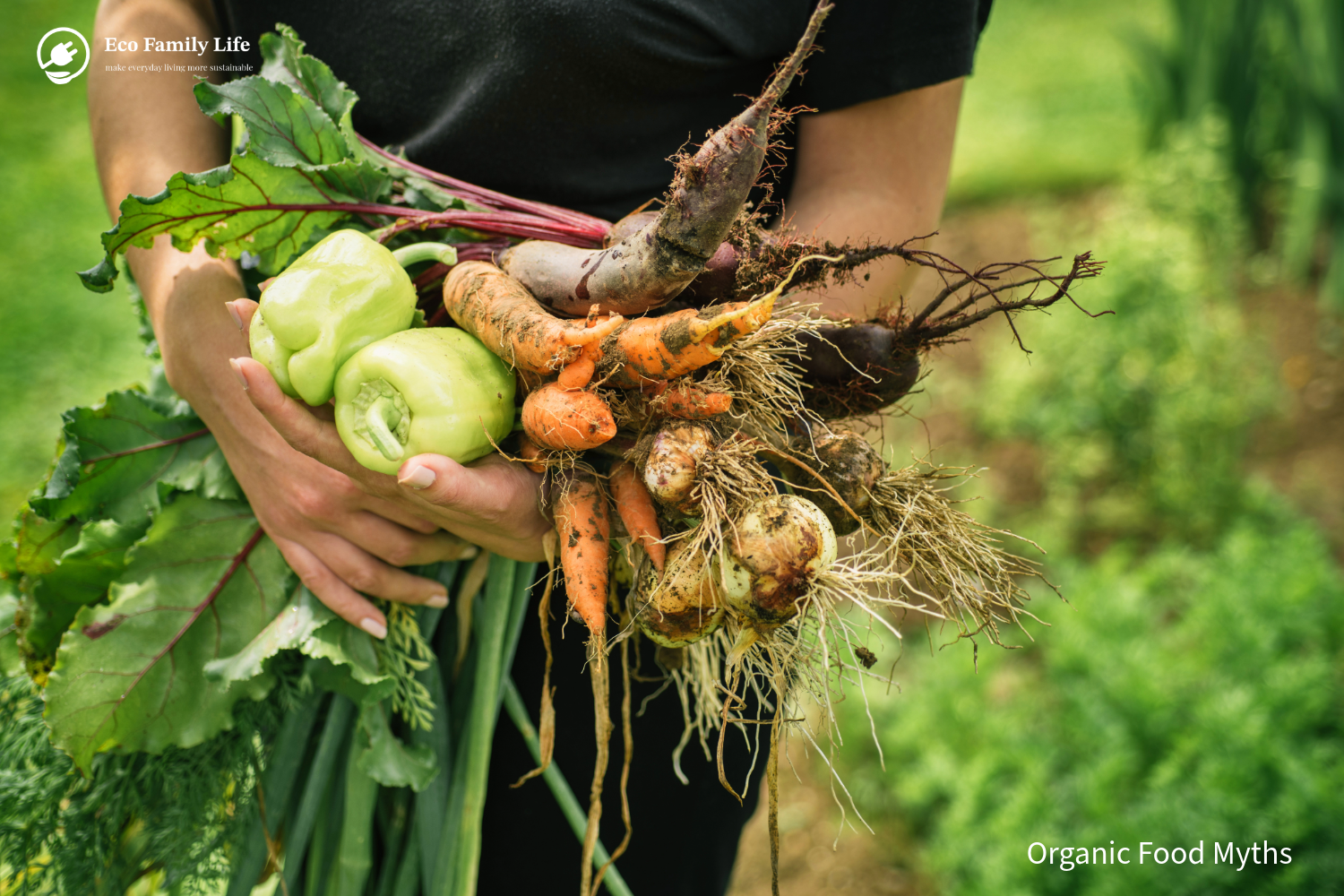5 Common Organic Food Myths: Why You’re Not Eating as Healthy as You Think
We’ve all heard the claims: “Organic foods are healthier,” “Organic equals better nutrition,” and “You’re doing your body a favor by choosing organic.” These sound like universal truths, right? After all, organic foods are grown without synthetic pesticides and fertilizers, and they’re marketed as better for both your health and the environment.
But is organic always the best choice? While there’s no doubt that organic farming practices are generally better for the planet, there are some myths and misunderstandings that need to be debunked. In this article, we’ll explore five common misconceptions about organic foods, and explain why simply choosing organic doesn’t always guarantee that you’re eating healthier.
Let’s dive into these myths, clear up the confusion, and help you make more informed decisions about your food choices.
1. Myth: Organic Food Is Always Healthier
The Reality: While organic foods are grown without synthetic pesticides or chemical fertilizers, this doesn’t necessarily mean they are more nutritious than conventional foods. Studies comparing the nutritional content of organic and conventional produce have shown little to no significant differences in vitamins, minerals, or antioxidants.
Tip: Instead of focusing solely on whether food is organic, pay attention to its freshness, sourcing, and variety. A wide variety of colorful fruits and vegetables from any source—organic or conventional—are the real keys to a healthy diet.
2. Myth: Organic Foods Are Free from Pesticides
The Reality: It’s true that organic foods are grown without synthetic pesticides, but that doesn’t mean they are entirely free from pesticides. Organic farmers can still use natural pesticides, which are often derived from plants or minerals. These pesticides can also have residual effects.
Tip: Wash all produce thoroughly, whether organic or not, to reduce pesticide residues. Additionally, buy from trusted sources and support local farmers who prioritize safe practices, whether organic or conventional.
3. Myth: Organic Food Is Always Better for the Environment
The Reality: While organic farming typically uses fewer chemicals and focuses on sustainability, it’s not always more environmentally friendly. Organic farming can require more land to produce the same amount of food as conventional farming, and sometimes organic practices can result in lower crop yields, leading to the need for more resources in the long run.
Tip: Support regenerative agriculture and sustainable farming practices that focus on soil health and biodiversity, which can benefit the environment more than simply choosing organic. Look for certifications like “sustainably grown” or “regenerative” farming.
4. Myth: Organic Processed Foods Are Healthier Than Non-Organic Processed Foods
The Reality: Just because a processed food is labeled as organic doesn’t mean it’s a health food. Organic cookies, chips, and sodas are still high in sugar, fats, and calories, just like their conventional counterparts.
Tip: Read the labels carefully. Opt for whole, unprocessed organic foods like vegetables, grains, and fruits. Processed foods—whether organic or not—should be eaten in moderation.
5. Myth: Organic Foods Are Always More Expensive for No Reason
The Reality: Yes, organic foods often come with a higher price tag due to the more labor-intensive farming practices, but the cost isn’t always unjustified. The price difference reflects the costs associated with organic farming, including the absence of subsidies for organic producers and the challenges of growing organic crops.
Tip: To make organic foods more affordable, buy in-season produce, shop at local farmers’ markets, or consider joining a community-supported agriculture (CSA) program. You can also grow some organic produce at home.
Conclusion
Organic foods can certainly be a part of a healthy lifestyle, but it’s important to remember that they’re not a magic bullet for better health. By understanding these common myths, you’ll be better equipped to make informed choices about your diet. A healthy diet is not just about choosing organic or conventional foods—it’s about eating a balanced, nutrient-rich diet that includes a variety of fresh, whole foods from all sources.
Make sure to wash your produce, eat a variety of foods, and don’t get caught up in marketing hype. Your health will thank you for it.
